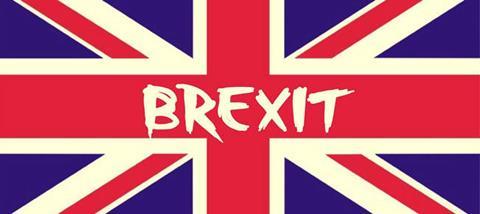
In his Gettysburg Address, Abraham Lincoln defined democracy as “Government of the people, by the people, for the people”. Last week’s referendum was supposed to be such a democratic exercise but it has deeply divided the nation and left us with the biggest peace-time crisis in modern history.
Normally Britain settles for representative democracy. We elect MPs to Parliament to form Governments that are accountable to the electors at least every five years. The referendum exposed a gulf between the people who voted 52 to 48 to leave the European Union and a large majority of MPs who support remaining in the EU.
The big question is how many of those MPs will vote for the legislation required to authorise the procedure for leaving the EU which they believe will be bad for the nation. Edmund Burke, the 18th century philosopher MP told his constituents that he was a trustee to do what he thought was in their best interests, not a delegate to do as they instructed. One suspects that a number of MPs foreseeing the consequences for the economy, business and jobs of leaving the single market want to ignore the result of the referendum. If they did they would be crucified in the right wing press and could lose their seats at the next General Election.
The meaning of democracy is also an issue within the Labour Party. The Parliamentary Labour party voted 172 to 40 that they have no confidence in Jeremy Corbyn as their leader but he refuses to resign. He says he was elected party leader by 60% of the party in 2015 and resignation would betray his supporters. If, as seems probable, alternative candidates are nominated by the Parliamentary party, he will have to face re-election but he seems to think he will win. In the meantime, we lack a credible Opposition to hold the Government to account for their handling of the current fraught situation.
Underlying the current problems is a deeper question about the capacity or the inclination of ordinary voters to fulfil their democratic duty in relation to the many complex matters facing the nation and their local communities. Turnout in the referendum amongst senior citizens was over 80% but only 36% amongst the 18-24 age group, despite the fact that the latter will be more affected by the outcome than the older generation. The Liberal Democrats contend that the first past the post electoral system also distorts election results and favours the larger parties, though that was not an issue in this referendum and reform was rejected in an earlier referendum. Genuine democracy requires the active participation of citizens in the political process and one outcome of the referendum might usefully be consideration of how Britain’s political culture could be changed to encourage a more participative democracy.
This is not an academic issue of concern only to political nerds like me. The uncertainties created by the referendum are bad for the economy. They are potentially threatening to anyone on the edge of poverty and potential unemployment. They are damaging for the survival of the United Kingdom and for the future working of democracy in Britain. They demand the prayerful attention of all Christians to take seriously and act faithfully on the wisdom of St Paul in his first letter to Timothy.




























